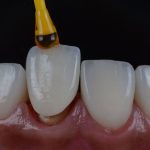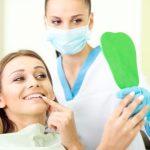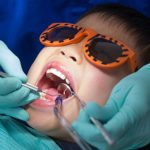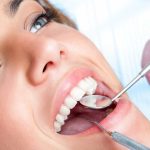Optimal Timing: When to Brush Teeth After Wisdom Tooth Extraction
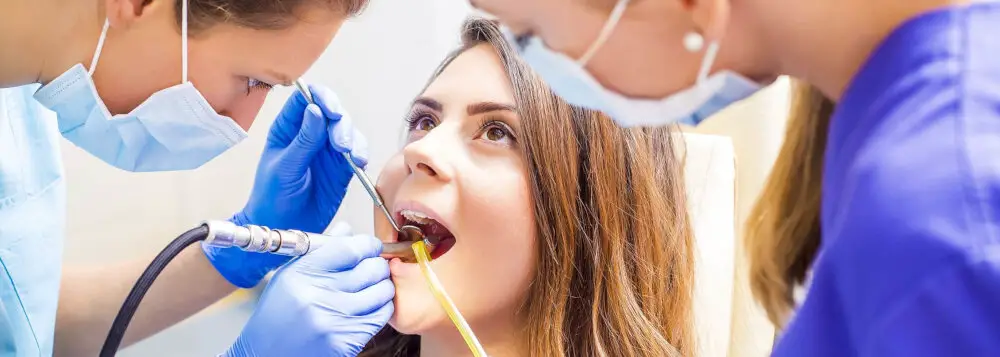
The extraction of wisdom teeth can be a daunting experience, and it requires a lot of aftercare to ensure a smooth recovery. One of the most important aspects of this aftercare is brushing your teeth. However, knowing when to brush your teeth after wisdom tooth extraction can be confusing, and many people are unsure of the optimal timing. Brushing your teeth too soon can cause damage to the extraction site, while waiting too long can lead to a buildup of harmful bacteria. In this article, we will explore the best practices for brushing your teeth after wisdom tooth extraction, so you can feel confident in your post-operative care routine. It is common knowledge that brushing your teeth is an essential part of maintaining good oral hygiene. However, after undergoing wisdom tooth extraction, it is crucial to be mindful of the timing of your brushing routine. The optimal timing for brushing your teeth after wisdom tooth extraction is determined by several factors, including the type of extraction, the location of the wound, and the individual’s overall dental health. To help you navigate this process, we will provide you with expert advice and recommendations on the best practices for brushing your teeth after wisdom tooth extraction. So, let’s dive in and explore the optimal timing for brushing your teeth after wisdom tooth extraction.
Wisdom tooth extraction is a common procedure that involves the removal of one or more wisdom teeth. These teeth are located at the back of the mouth and often cause pain, discomfort, or infection due to their position and size. Wisdom tooth extraction is typically performed by an oral surgeon or dentist and can be done under local or general anesthesia. The procedure involves making an incision in the gum tissue to access the tooth, removing any bone that may be blocking access to the tooth, and then removing the tooth itself. After the procedure, patients may experience some pain, swelling, and bleeding, but these symptoms can be managed with pain medication and proper aftercare.
Maintaining good oral hygiene is crucial after any surgical procedure, especially after wisdom tooth extraction. It is important to keep your mouth clean to prevent the accumulation of bacteria and food particles which can lead to infection and other complications. Brushing your teeth after surgery should be done with care, avoiding the extraction site to prevent dislodging the blood clot and causing dry socket. However, keeping the rest of your mouth clean is important in preventing the spread of infection and promoting healing. Regular brushing and flossing, along with mouthwash and warm salt water rinses, are key to maintaining good oral hygiene and ensuring a speedy recovery after wisdom tooth extraction.
The First 24 Hours
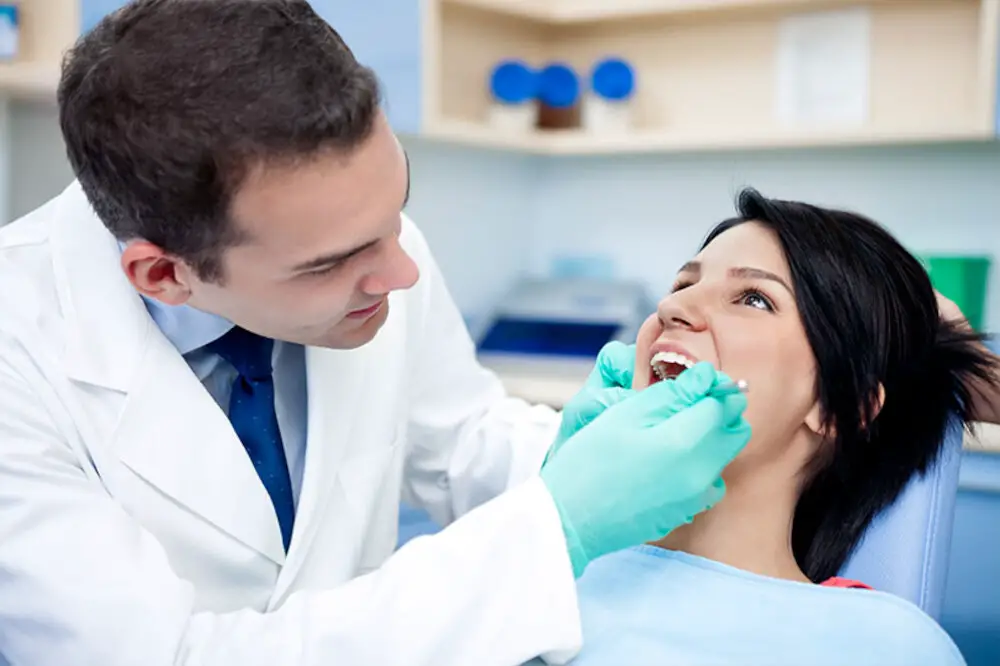
The first 24 hours after wisdom tooth extraction are crucial for the healing process. During this time, it is important to follow the post-operative instructions provided by your dentist or oral surgeon. This includes avoiding rinsing, spitting, or drinking through a straw, as well as refraining from smoking or consuming alcohol. These actions can dislodge the blood clot that is forming in the socket, which can delay the healing process and lead to a painful condition known as dry socket. Instead, gently bite down on a gauze pad placed over the extraction site to help stop bleeding and promote clotting. Apply ice packs to the face for 15 minutes at a time to reduce swelling and discomfort. It is also important to rest during the first 24 hours after wisdom tooth extraction. Avoid strenuous physical activity, as this can increase blood pressure and cause bleeding at the extraction site. Instead, take time to relax and allow your body to begin the healing process. Stick to soft, cool foods such as yogurt, ice cream, and smoothies for the first day, gradually introducing more solid foods as you feel comfortable. Remember to take any prescribed pain medication as directed by your dentist or oral surgeon. By taking these steps, you can help ensure a smooth and speedy recovery following your wisdom tooth extraction.
Brushing teeth after wisdom tooth extraction is not recommended during the initial days of the healing process. This is because the area surrounding the tooth extraction site is tender, swollen and sensitive, making it vulnerable to damage from brushing. Brushing during this time can potentially disrupt the blood clot that forms in the socket, which is crucial for proper healing. Additionally, the act of spitting and rinsing can also dislodge the blood clot, leading to a painful condition known as dry socket. It is important to follow the post-operative instructions provided by the dentist or oral surgeon to ensure proper healing and avoid complications. Instead, patients should focus on gentle rinsing with salt water and avoiding hard or crunchy foods that can irritate the area.
While brushing teeth is the most common and effective way to maintain oral hygiene, there are alternative methods available. One option is using an antiseptic mouthwash to kill bacteria and freshen breath. Another alternative is using interdental cleaners, such as floss or interdental brushes, to remove food particles and plaque from between teeth. Additionally, chewing sugar-free gum after meals can stimulate saliva production, which helps neutralize acid and prevent tooth decay. However, it’s important to note that these alternatives should not replace brushing but rather be used in conjunction with it to ensure optimal oral health.
Rinsing with salt water is a vital step in the recovery process after wisdom tooth extraction. Salt water is a natural antiseptic that helps to reduce inflammation and prevent infection, which are common complications after a tooth extraction. Additionally, salt water helps to remove food particles and debris from the extraction site and promotes blood circulation, which speeds up the healing process. It is recommended to rinse with salt water after every meal and before brushing your teeth for the first week following the extraction. This simple yet effective practice can make a significant difference in the healing process and overall success of the procedure.
24 to 48 Hours PostSurgery
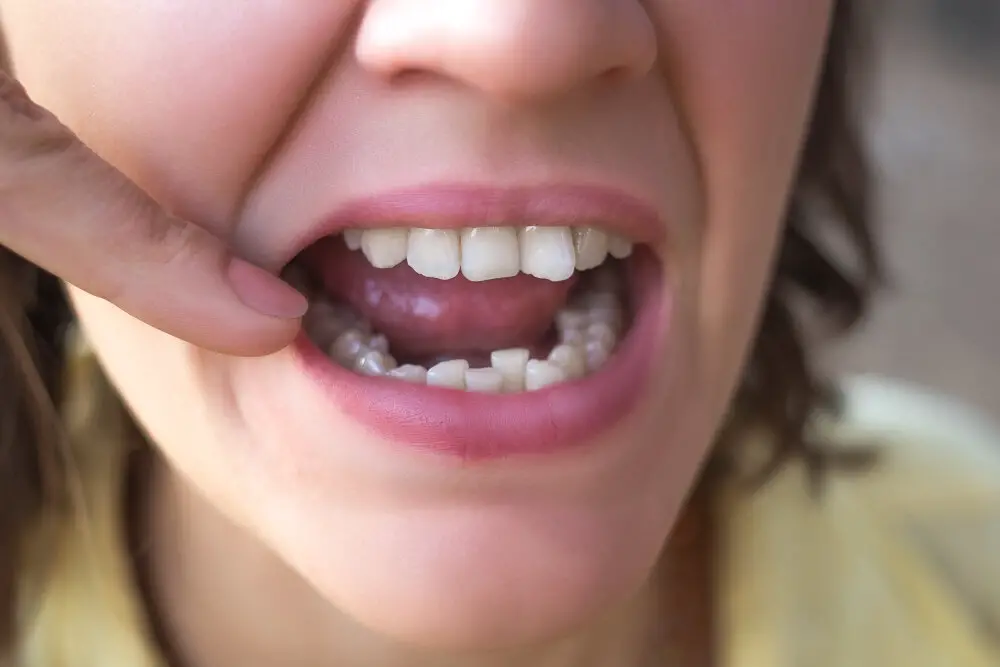
After undergoing a surgery, it is important to take care of oneself in order to ensure speedy recovery and minimize complications. In the case of wisdom tooth extraction, the first 24 to 48 hours post-surgery are crucial for optimal healing. During this period, it is important to avoid any kind of physical activity that may cause discomfort or bleeding. This includes rigorous exercise, bending over, or lifting heavy objects. It is also recommended to limit talking, as excessive jaw movement can worsen the pain and swelling. In addition to physical rest, it is important to follow a soft food diet for the first few days after surgery. This means avoiding hard, crunchy, and chewy foods that may irritate the surgical site. Instead, opt for soft and easy-to-digest foods like yogurt, mashed potatoes, and soup. It is also important to stay hydrated by drinking plenty of water and avoiding alcohol and caffeine, which can dehydrate the body. By following these guidelines, patients can ensure proper healing and minimize the risk of complications such as infection or dry socket.
After a wisdom tooth extraction, it is important to allow the mouth to heal properly to avoid any complications. Brushing teeth should be avoided for at least 24 hours after the procedure to prevent any bleeding or dislodging of the blood clot that forms in the socket. Once the blood clot has formed, brushing can be resumed gently using a soft-bristled toothbrush and avoiding the extraction site. It is recommended to wait at least a week before resuming normal brushing around the entire mouth, and to continue to be cautious around the extraction site for several more days. Any discomfort or pain during brushing should be reported to the dentist or oral surgeon to ensure proper healing.
Using a soft-bristled toothbrush is essential for maintaining good oral health, especially after undergoing a wisdom tooth extraction. A soft-bristled toothbrush effectively removes plaque and food particles from the teeth and gums without causing any damage or irritation. Brushing with a hard-bristled toothbrush can cause abrasions on the tooth surface, which can lead to sensitivity, enamel erosion, and even gum recession. Moreover, using a soft-bristled toothbrush is gentle on the surgical site, reducing the risk of post-operative complications such as bleeding, swelling, and infection. Therefore, it is crucial to choose a soft-bristled toothbrush to keep your teeth and gums healthy and promote a speedy recovery after wisdom tooth extraction.
After a wisdom tooth extraction, it is crucial to maintain proper oral hygiene without disturbing the extraction site. To do this, start by selecting a soft-bristled toothbrush and a mild toothpaste. Gently brush your teeth, making sure to avoid the extraction site. Use a circular motion to clean the teeth and gums around the area. Be cautious while spitting and avoid gargling as it can cause the blood clot to dislodge. Rinse your mouth with salt water after brushing, as it helps to reduce swelling and promote healing. Remember to avoid hard and crunchy foods, smoking, or any other activities that may cause irritation to the extraction site. By following these simple tips, you can ensure optimal oral hygiene and a speedy recovery after wisdom tooth extraction.
48 to 72 Hours PostSurgery
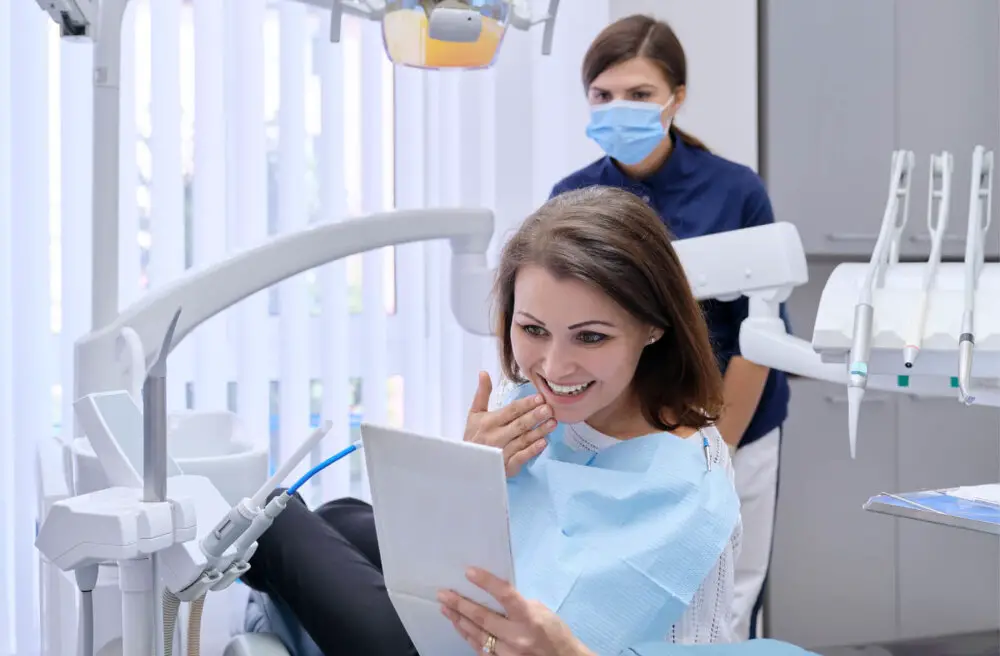
After undergoing wisdom tooth extraction surgery, it’s essential to take care of your mouth properly in the postoperative period. It is recommended to wait for 48 to 72 hours after the surgery before brushing teeth. During this time, the mouth is still healing, and the risk of opening the wound and causing bleeding is higher. It’s crucial to avoid any mechanical manipulation in the mouth, including brushing teeth, to avoid complications. Instead, you can rinse your mouth gently with warm saltwater every few hours to keep it clean and promote healing. Additionally, it’s important to follow the postoperative instructions provided by your dentist or oral surgeon. These may include taking prescribed pain medication, avoiding solid foods, and refraining from smoking or drinking alcohol. It’s also recommended to rest for the first few days after surgery to allow your body to focus on healing. By following these guidelines and waiting to brush your teeth until 48 to 72 hours after surgery, you can help ensure a smooth and successful recovery.
After a wisdom tooth extraction, it is essential to follow specific oral hygiene guidelines to promote healing and prevent infection. Typically, the first 24 hours require the avoidance of brushing and rinsing to allow the blood clot to form and protect the extraction site. After this period, gentle rinsing with saltwater or prescribed mouthwash can be resumed. However, brushing should be avoided around the extraction site for the first week to prevent dislodging the blood clot. Instead, the teeth around the area should be cleaned carefully with a soft-bristled brush, being careful not to touch the wound. Normal brushing can be resumed after the first week, but it is recommended to use a delicate touch and avoid the extraction site for an additional week or until the dentist’s recommendation. Following these guidelines will ensure a successful healing process and avoid complications.
Avoiding the extraction site after wisdom tooth extraction is crucial for successful healing. The extraction site is a wound that requires time and care to heal properly. Brushing the area too soon or using excessive force can dislodge the blood clot, leading to a painful condition called dry socket. Additionally, brushing too soon can introduce bacteria into the wound, increasing the risk of infection. It is important to wait until the blood clot has formed and the area has fully healed before brushing the teeth near the extraction site. Following post-operative instructions from the dentist or oral surgeon can help ensure optimal healing and prevent complications after wisdom tooth extraction.
Properly cleaning the area around the extraction site is crucial for optimal healing after wisdom tooth extraction. It is recommended to start cleaning the area gently with a damp gauze pad or a soft-bristled toothbrush the day after the procedure. Be sure to avoid brushing the extraction site directly, as this may cause further irritation and bleeding. Instead, focus on gently brushing the teeth surrounding the extraction site. Rinsing your mouth with warm salt water several times a day can also help to reduce swelling and promote healing. It is important to continue practicing good oral hygiene habits, such as brushing and flossing, but be sure to avoid the extraction site until it has fully healed.
LongTerm Oral Hygiene After Wisdom Tooth Extraction
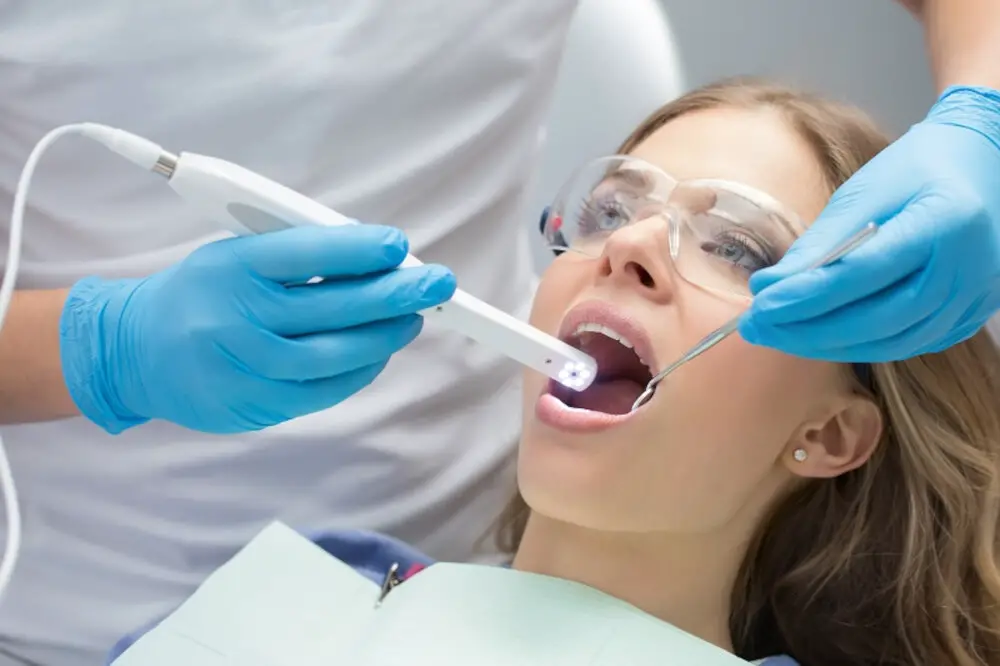
After undergoing wisdom tooth extraction, maintaining proper oral hygiene is crucial to prevent potential complications and promote healing. However, it is important to note that the approach to oral care should be different from the usual routine. During the first 24 hours after surgery, gentle rinsing with salt water is recommended to prevent dislodging the blood clot. After the first day, the patient can begin brushing their teeth with a soft-bristled brush, taking care to avoid the surgical area. It is best to use a toothbrush with a small head to reach all areas of the mouth without causing discomfort. Patients should also avoid using mouthwash as it can irritate the surgical site and delay healing. Long-term oral hygiene after wisdom tooth extraction involves regular brushing and flossing to prevent the buildup of plaque, which can lead to gum disease and other dental problems. It is best to wait at least a week after surgery before flossing, to avoid disturbing the healing process. When flossing, patients should be gentle and avoid pulling too hard on the floss. It may also be helpful to use an antiseptic mouthwash to reduce the risk of infection. A diet rich in vitamins and minerals can also promote healing and prevent complications. Foods that are high in sugar and acid should be avoided as they can irritate the surgical site and delay healing. By following these guidelines, patients can ensure optimal long-term oral hygiene after wisdom tooth extraction and reduce the risk of complications.
Maintaining good oral hygiene is crucial for overall health and well-being. Proper brushing and flossing techniques can prevent cavities, gum disease, bad breath, and other oral health issues. In the case of wisdom tooth extraction, it is especially important to maintain good oral hygiene to prevent infection and promote healing. Food particles and bacteria can easily accumulate in the extraction site, causing inflammation and delaying the healing process. Brushing and flossing gently around the extraction site can help remove debris and promote healing. It is recommended to wait a few hours after the extraction before brushing to avoid dislodging the blood clot, but it is important to resume brushing as soon as possible to maintain good oral hygiene.
Maintaining healthy teeth and gums is essential to overall oral health. Brushing and flossing regularly is a great start, but there are other things you can do to ensure optimal dental health. Firstly, it’s important to eat a balanced diet and limit sugary and acidic foods and drinks. Secondly, avoid smoking and excessive alcohol consumption as these can lead to gum disease and tooth decay. Thirdly, make sure to visit your dentist regularly for check-ups and cleanings. Lastly, consider using a mouthwash to kill bacteria and freshen breath. By following these tips, you can maintain healthy teeth and gums and prevent dental problems in the future.
Neglecting oral hygiene can lead to a wide range of complications that may affect not just the teeth and gums, but also the overall health of an individual. When it comes to wisdom tooth extraction, poor oral hygiene can increase the risk of infections and delayed healing. Bacteria can easily accumulate in the extraction site, leading to inflammation, pain, and pus formation. Furthermore, neglecting oral hygiene can also increase the risk of gum disease, tooth decay, and bad breath. These problems can be exacerbated by smoking, consuming sugary and acidic foods, and not brushing or flossing properly. Therefore, it is crucial to maintain good oral hygiene practices, especially after wisdom tooth extraction, to minimize the risk of complications and promote a faster recovery.
After wisdom tooth extraction, it is crucial to maintain good oral hygiene to promote healing and prevent infection. However, the timing of brushing teeth can affect the healing process. Dentists recommend waiting at least 24 hours after the extraction before brushing teeth. After 24 hours, gentle brushing is advisable, but it is essential to avoid the surgical site. A soft-bristled toothbrush or an electric toothbrush with low intensity should be used to brush teeth. The use of mouthwash should also be avoided for the first 24 hours as it can irritate the surgical site. It is also important to rinse the mouth gently with warm salt water after meals to keep the area clean. Following these guidelines can promote healing and reduce the risk of complications after wisdom tooth extraction.
Maintaining proper oral hygiene is crucial for overall health and well-being. It is essential to follow a regular oral hygiene routine to prevent various dental problems and diseases such as gum disease, tooth decay, and bad breath. Poor oral hygiene can also lead to more severe health issues, including heart disease and respiratory infections. After wisdom tooth extraction, following a proper oral hygiene routine becomes even more critical as the extraction site is more prone to infection and inflammation. Optimal timing of brushing teeth after wisdom tooth extraction can significantly impact the healing process. Therefore, it is crucial to follow the dentist’s instructions carefully and maintain proper oral hygiene to ensure a speedy and successful recovery.
It is crucial to seek advice from a dental professional if any concerns arise after having a wisdom tooth extraction. While home care and proper oral hygiene are important, only a dental professional can assess the healing process and ensure that the patient is on the right track. Delaying or avoiding seeking professional advice can lead to complications, such as infection or delayed healing. Therefore, it is highly encouraged to schedule follow-up appointments and address any concerns with the dental professional to ensure optimal healing and recovery. Remember, taking care of your oral health is a significant part of maintaining your overall well-being, and seeking professional advice is crucial in achieving this goal.
Conclusion
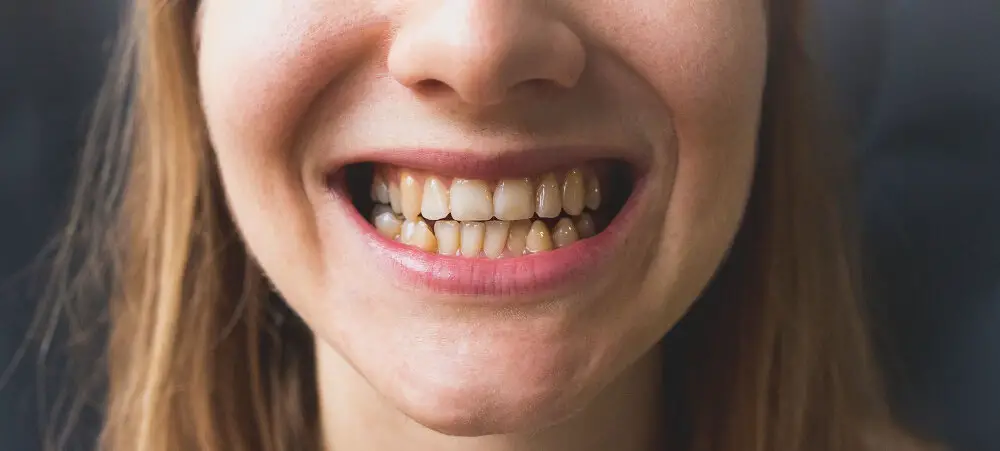
In conclusion, the optimal timing for brushing teeth after wisdom tooth extraction is a crucial factor in ensuring a successful recovery. While it may be tempting to start brushing immediately after the procedure, it is important to wait until the blood clot has formed and the wound has started healing. This usually takes about 24 to 48 hours. Brushing too soon may dislodge the clot and lead to complications such as dry socket. Additionally, using a soft-bristled toothbrush and gentle brushing motions can help prevent further damage to the surgical site and promote healing. It is also important to maintain good oral hygiene throughout the healing process by rinsing with salt water and avoiding hard or crunchy foods. By following these guidelines, patients can ensure a smooth and successful recovery after wisdom tooth extraction.


